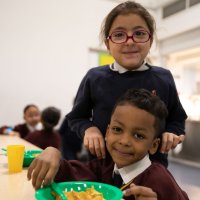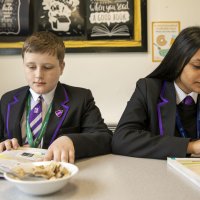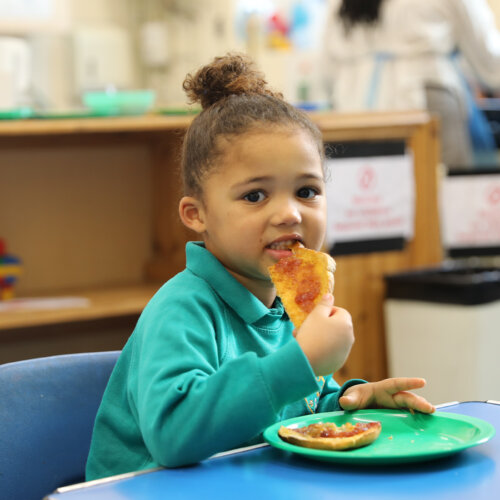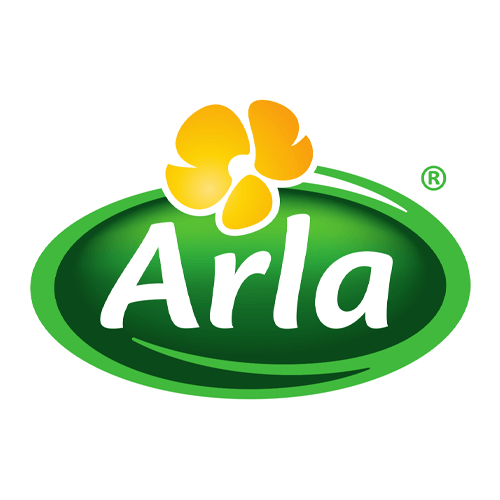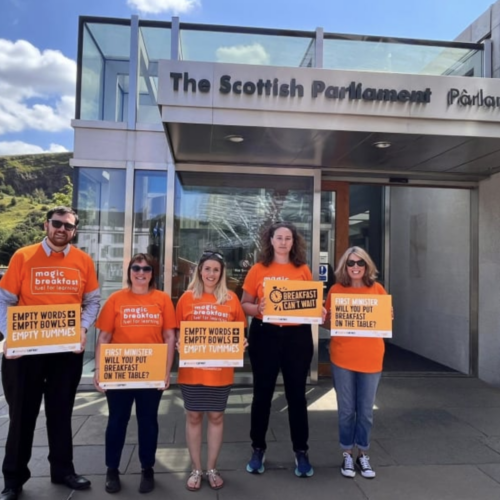Yesterday’s Food Strategy White Paper marks another missed opportunity by this Government to deliver on its ambitions to level up and promises to ensure 90% of primary school children are at the expected standard for literary and numeracy by 2030. At a time of ecological crisis and cost of living pressures, bold measures are needed to improve our food system and ensure that no child is too hungry to learn.
Two years ago, when Part One of the National Food Strategy was published, Magic Breakfast praised the suggestions, while calling for the inclusion of breakfast. Part Two was released a year later, and though we feel that the Dimbleby report, commissioned by the Conservative government could – and indeed should – have done more to highlight the impact of breakfast provision on young people as part of a holistic school food strategy, there is little doubt that the plan as proposed in 2021 would have been life-changing for thousands of children and young people across the UK.
The Dimbleby report’s recommendations were notable. They included overhauling the way we teach food, supplying children with nutritious ingredients for cooking classes in the same way we supply them with chemicals for Chemistry’s practical lessons. It proposed expanding and improving the School Fruit and Vegetable Scheme. Most importantly, it proposed expanding the threshold of free school meals to £20,000 from £7,400, with the stated aim of targeting 82% of children and young people in households with very low food security, and introducing auto-enrolment. As well as ensuring more pupils were able to access at least one filling and nutritious meal each school day, new measures on nutritional reporting and procurement of food in state facilities, and the proposed reforms of the School Fruit and Vegetable Scheme would have had considerable impact on the health of children and young people. Many of us in the school food sector were hoping for a White Paper that built on the positive suggestions in the Dimbleby report.
The document published yesterday by Government will, sadly, have little impact on the real issues facing children and young people. Henry Dimbleby, author of the National Food Strategy that this White Paper is based on, said that the White Paper published ‘is not a strategy.’ At a time when the cost of living crisis has seen it make headlines, school food has been sidestepped, from access issues to nutritional reporting. The Dimbleby report recommended, for instance, that children receive free ingredients for revamped cooking classes. The White Paper proposes £5 million for what it terms a ‘revolution’ – which works out at just £250 per state school.
Children and young people are particularly exposed to food and energy price rises, with a Food Standards Agency survey reporting one in seven people needed help from a food bank or charity, with younger adults and low income families the groups most likely to be food insecure. Price tracking by the Food Foundation shows the rises in key areas like dairy products. Schools – not subject to the domestic energy price cap – are already wondering how they can tighten belts further to keep the heating on as winter draws closer.
2.6 million children live in households that experienced food insecurity1. Charities like Magic Breakfast are braced for growing significant need of our services, and our latest data on families and schools are under such massive pressure, any attempt to sidestep school food is a considerable step backwards2.
We implore the Government, as a matter of urgency, to reconsider their position on school food in this White Paper and include both the Free School Meals expansion as originally recommended, and hunger-focused breakfast provision, as proposed by Magic Breakfast. Given the increasing concern at school budgets and the inadequate funding in place for breakfast provision, they should ensure measures to improve this aspect of school food are adopted as part of the White Paper.
